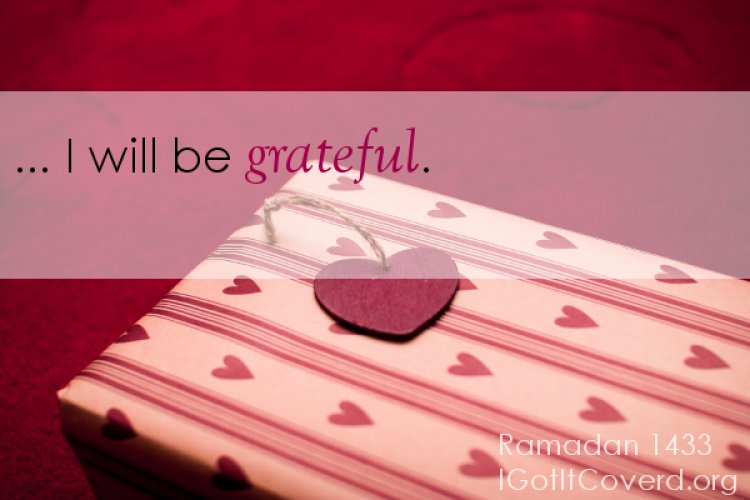tis a problem
why do you act like it's not your problem
i know you're busy, i know you've got a life
but why do you turn a blind eye on this
it is your problem, it is my problem
it is our problem.
i might have a bit more free time,
i might be lazying about
but i can see the consequences looming on the horizon
i might be a bit more sensitive
and again have too much spare time
to feel the pain of those beyond our borderlines.
i do not ask you to feel it,
i just want you to know
i see the consequences
like angry black clouds
they're rolling in, slowly but surely.
the thunder and the lighting,
slowly synchronizing
i ask you for your help

